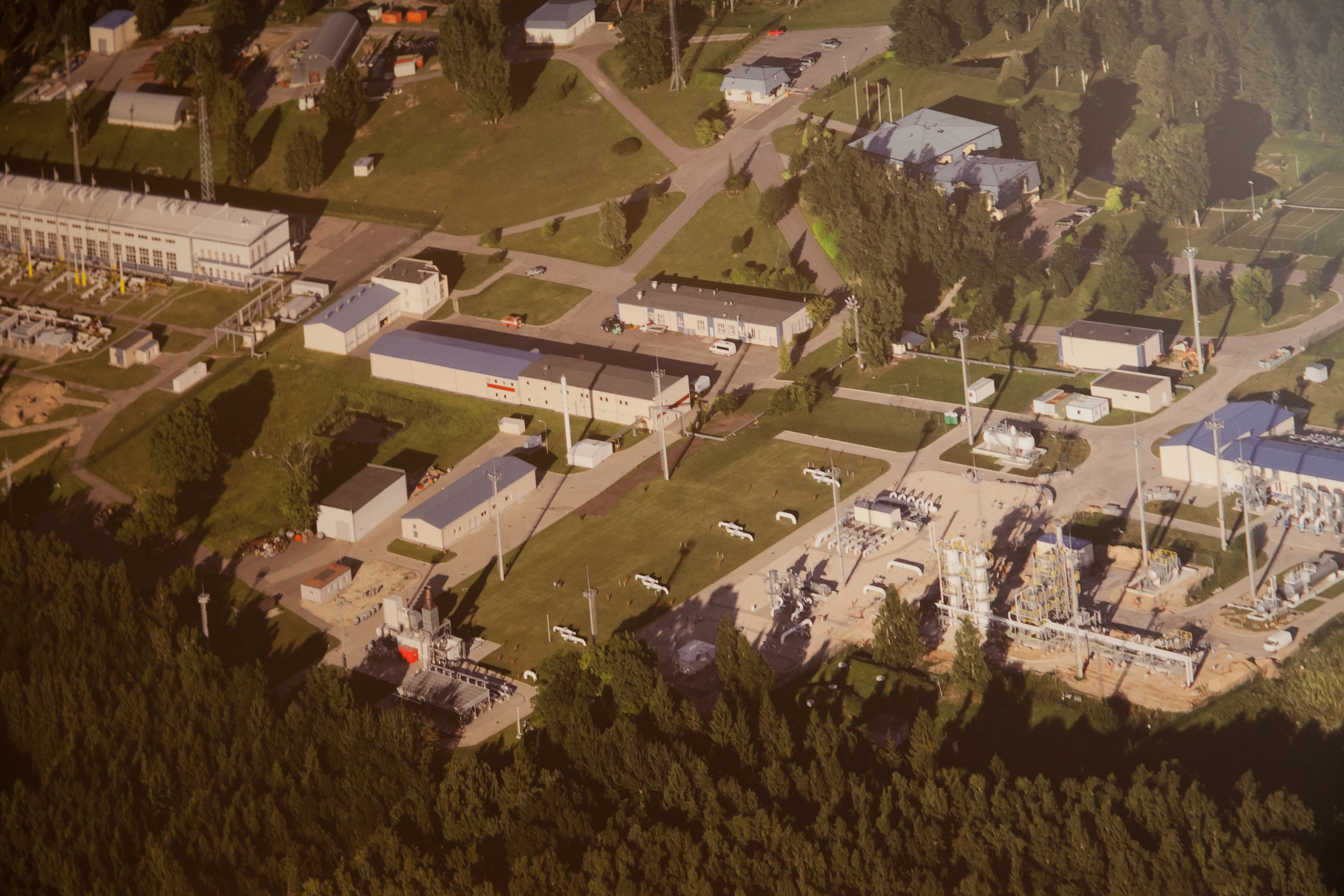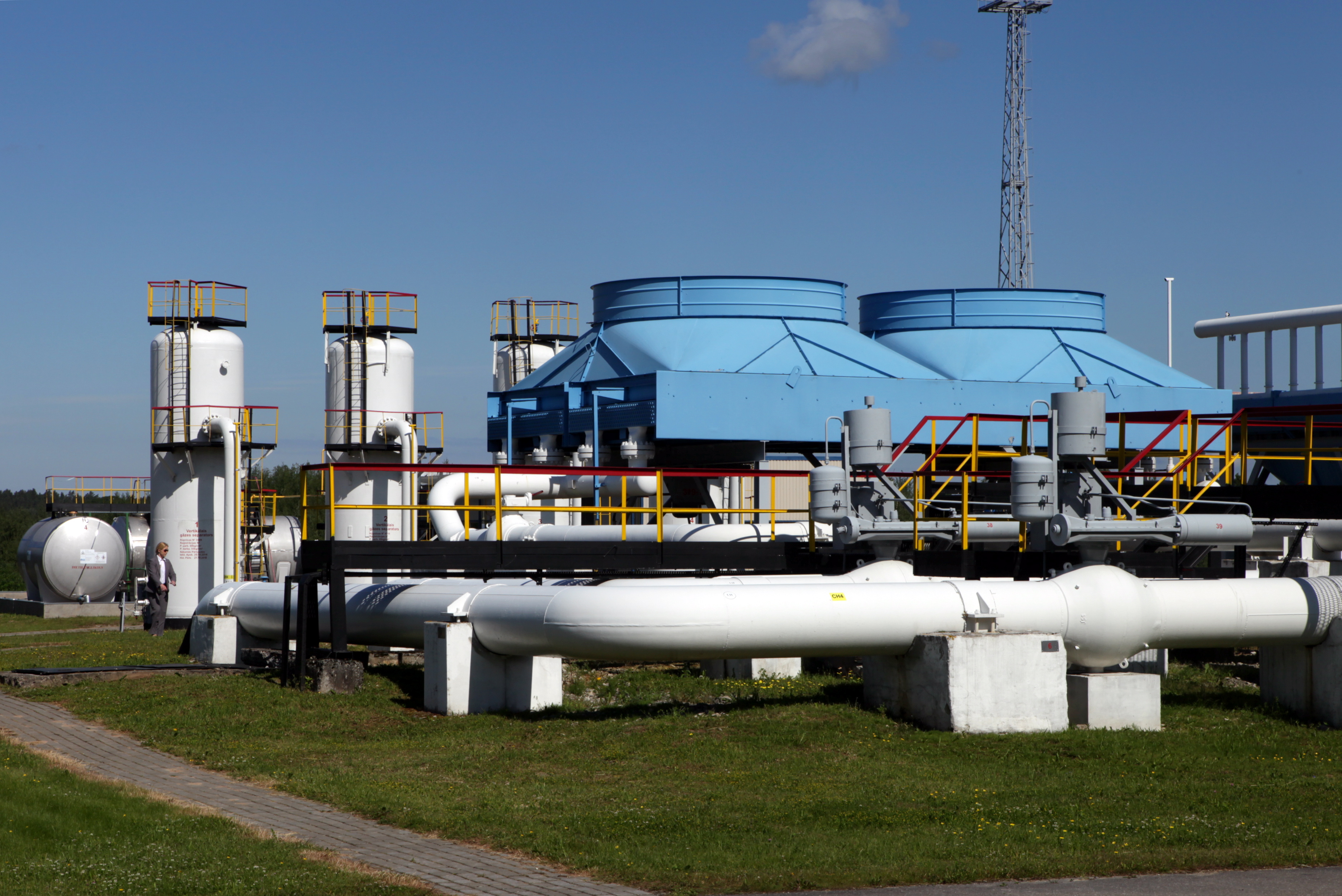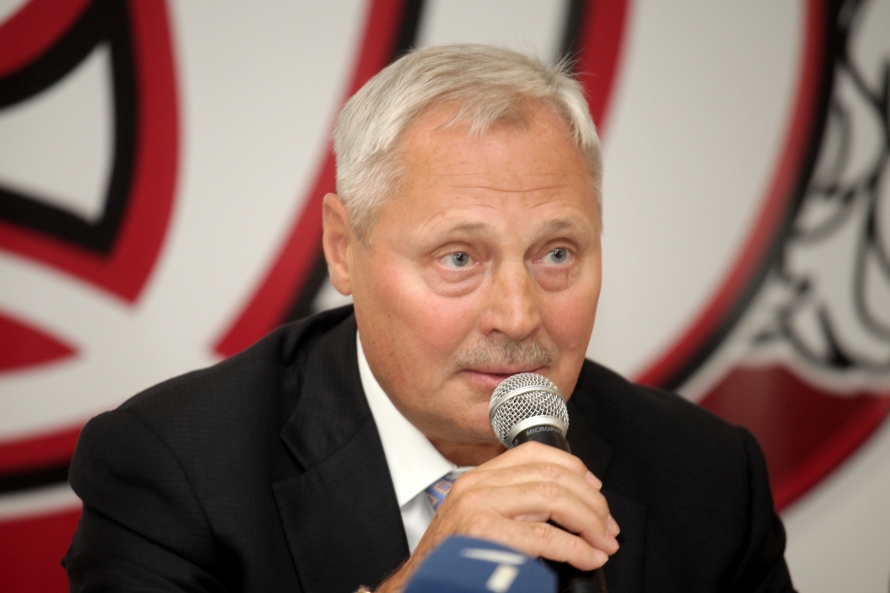Last week the government floated a non-binding bid, the details of which were not released to the public, in order to assess its options for possibly acquiring the stock. Savickis had previously warned that there would be little benefit from the state becoming a shareholder in the gas company, as this would likely trigger politically-motivated mutual price-raising moves between Russia and Latvia.
Savickis now believes it would be good for the government to hold the shares until an appropriate buyer is identified down the road. However he warned that the state should step back from legislating and over-regulating the market, as the last 20 years have shown that energy markets find their optimal balance when free of governmental interventions.
He said his shift of stance was attributable to recently reported non-binding bids coming from Lithuanian firms interested in acquiring shares of Latvijas gaze, which could affect whether the Latvian government can consider securing a controlling interest in the company, since it is entirely up to E.ON Ruhrgas to whom it sells.
As for his own assessment of the southern neighbor’s coveted stake in Latvia’s gas utility, he remarked “I don’t think the Lithuanians are necessarily the best candidates for becoming buyers-in, we’ve seen how they operate in our national economy.”
Asked whether a new round of sanctions being prepared against Russia, including its energy firm Rosnjeft, which owns Itera Latvia, would have implications for its daughter company, Savickis said its only interest in the liquid gas market is through its holdings in the Latvian gas distribution company, which supplies both Latvia’s and Estonia’s gas, otherwise it’s involved only in oil production.
“I don’t believe sanctions will touch the energy sector. You can already see that in Ukraine the geopolitical players involved in the conflict still know how to resolve their issues and reach agreement,” he said.
“I’d say if the energy markets actually get hit by sanctions, then we’re already at the doorsteps of war,” he added. Later he warned that sanctions against Russia’s energy interests would almost certainly prompt a lesson-teaching countervailing response, most likely against Latvia’s transit sector.
“And what will we do, then?” he asked rhetorically.
Asked whether the western allies will settle for just ‘pulling the lion by its whiskers without actually unlocking the cage’, Savickis responded that he thinks “Europe has enough common sense to solve this problem properly... normal discussions are going on.”
As for Latvia’s key object in the whole Baltic energy market – the Inčukalns Underground Gas Storage Facility, Savickis said the situation there is “very good, no problems”, with seasonal reserve levels standing at 70% and rising to full capacity.

The Inčukalns subterranean storage grounds launched in 1968 when it was realized that the gas pipeline „Dashau-Riga” could not cover the region’s consumption during the heating season, therefore it would be necessary to provide natural gas reserves closer to consumers the entire year round.
Nowadays, Latvia can provide gas supplies stored at Inčukalns to its neighboring Baltic states any time of year, and with a proper long-term investment (estimated to require about €360m), could upgrade and expand the facility to even serve Finland’s much larger gas market, which is still more dependent on Russian supplies than the three Baltic states.

Savickis reminded Panorāma that gas supplies from Inčukalns also get pumped back to Russia through the same pipelines in the heating season, therefore it should be considered that Russia also to some degree depends on the facility.
“So if they shut off their supply, Latvia does have a ‘security resource’ in that it can shut off its pumping back to Russia,” he said. “In a severely cold winter that can mean millions of cubic meters of gas, so in that sense Russia could become quite dependent on Inčukalns.”
At the same time he also dismissed any talk of achieving complete energy independence just by waiting a few years for the end of monopolies, saying there would be “no such thing.”
“First of all, there haven’t been any problems, basically, economically speaking, everything is in order,” he said.
“Secondly, even in a few years Russia will still remain our primary gas supplier,” he added, discounting shale-oil imports from overseas as always being more costly than getting gas from the neighboring state. He warned again that government interventions in setting gas prices to affect the choice of sourcing would only ruin the market in the long run.






























